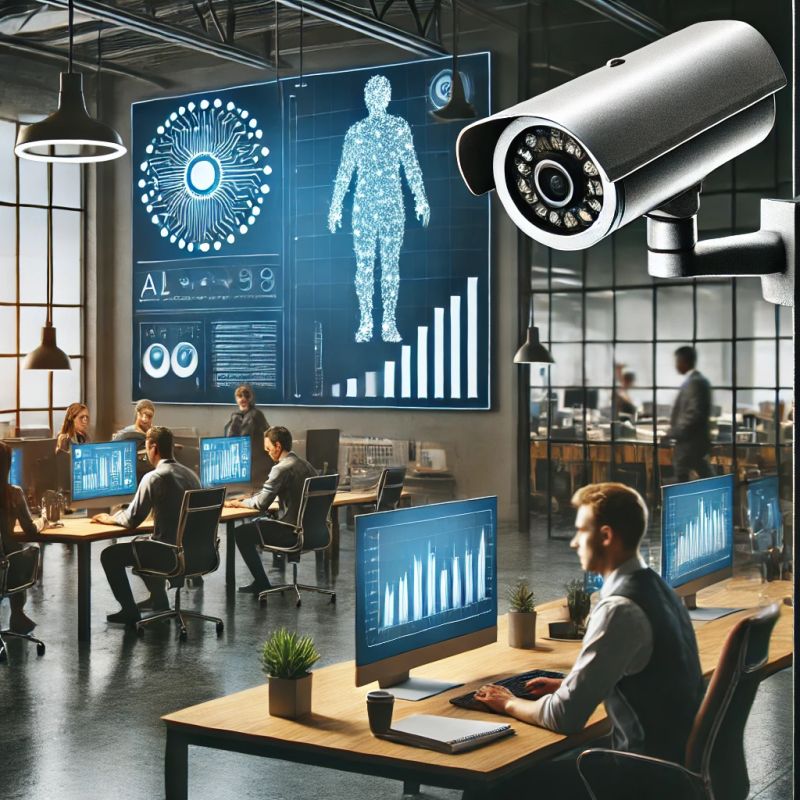Introduction
Artificial intelligence (AI) is increasingly making its way into human resources management, promising to save time and increase efficiency. But at a time when certain tools enable permanent, ultra-precise monitoring of employee activity, a crucial question arises: how far can AI monitor without infringing employment law and employee privacy? The answer now lies as much in the legal field as in the technological one.
The legal framework for surveillance at work
Employee surveillance is governed by several texts, including the French Labor Code and the General Data Protection Regulation (GDPR). According to Article L.1222-4 of the Labor Code, “no information concerning an employee personally may be collected by a device that has not been brought to the employee’s attention beforehand”.
When it comes to personal data, the RGPD imposes on employers an obligation of transparency, proportionality and legitimate purpose. In concrete terms, any automated data processing (such as activity analysis via AI) must be justified, declared to the CNIL, and employees must be informed in a clear and comprehensible manner.
Case law is equally clear: the introduction of a surveillance system requires prior information and consultation with employee representatives (CSE), and its use must be proportionate to the intended purpose.
Recent case law: the limits set by judges
In a ruling handed down on November 10, 2021 (Cass. soc., no. 20-12.263), the French Supreme Court reiterated that an undeclared generalized surveillance system cannot produce evidence admissible in court. In this case, an employer had used monitoring software without clearly informing employees: the evidence produced by this software was rejected by the judges.
Another point to watch out for: case law regularly invalidates devices deemed too intrusive, such as constant webcam surveillance or keyloggers, which disproportionately infringe employees’ privacy.
Practical consequences for employers
AI tools can be valuable allies in time management or risk prevention, provided they are used sensibly. Employers must imperatively:
– Inform employees in a clear and documented manner
– Ensure that data processing is justified and proportionate
– Avoid any permanent or concealed monitoring devices
– Consult the CSE before deploying a monitoring tool
– Keep a register of processing (RGPD)
Failure to do so may result in the data collected being deemed unlawful, and employers exposed to civil or even criminal penalties.
Our advice
The use of artificial intelligence to monitor employees must be accompanied by a rigorous legal framework. To avoid any risk of litigation, we recommend :
-
Regularly audit HR tools to verify compliance
-
Draw up an information memo for employees specifying the purpose of the tools used
-
Involve the Data Protection Officer (DPO) and employee representatives right from the start.
-
Give preference to ethical, transparent AI solutions whose algorithms can be explained.
Legal references
-
French Labor Code, art. L.1222-4
-
General Data Protection Regulation (GDPR)
-
Cass. soc., November 10, 2021, no. 20-12.263
Need to secure your HR practices? We can help.





